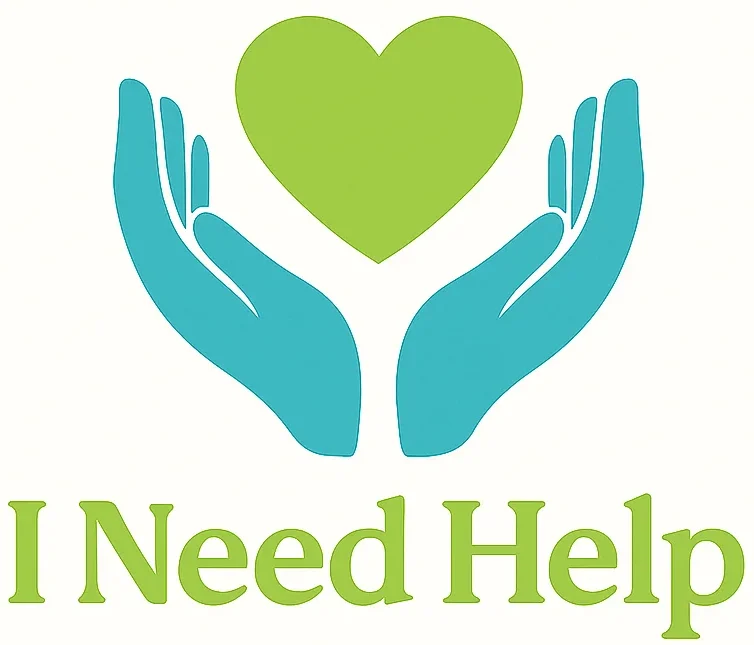Identity, Self-Esteem & Purpose

Identity, Self-Esteem & Purpose
Understanding Identity
Identity is the sense of who we are — shaped by our upbringing, culture, personality, gender, values, beliefs, and experiences. It helps us make sense of the world and our place in it.
In South Africa, identity is shaped not only by personal experiences but also by a complex history of colonialism, apartheid, and economic inequality. Many people struggle with identity due to:
– Racial or cultural marginalisation
– Pressure to conform to family or community expectations
– Gender norms and roles
– Religious or spiritual beliefs
– Economic hardship or lack of access to education
When our sense of identity feels unstable or unsupported, it can lead to confusion, low confidence, and internal conflict.
What is Self-Esteem?
Self-esteem is how we see and value ourselves. It influences our confidence, decisions, and relationships. Healthy self-esteem means:
– Accepting yourself (including imperfections)
– Believing you are worthy of respect and love
– Having confidence in your opinions and abilities
– Knowing how to set boundaries
Low self-esteem can cause:
– Self-doubt
– Fear of failure or rejection
– Difficulty trusting or connecting with others
– Constant comparison to others
– People-pleasing and lack of boundaries
– Anxiety and depression
Causes of Low Self-Esteem
1. Childhood Criticism
– Being told you’re “not good enough,” “too much,” or “a problem”
2. Bullying
– Verbal, physical, or cyberbullying chips away at confidence
3. Abuse or Neglect
– Physical, emotional, or sexual abuse damages self-worth
4. Academic or Work Pressure
– Feeling like you can’t live up to expectations
5. Media and Social Comparison
– Comparing your life, body, or success to unrealistic images online
6. Racism or Discrimination
– Being treated as “less than” based on race, gender, sexuality, or ability
7. Unemployment or Poverty
– Feeling like a failure due to economic struggles
Finding Your Purpose
Purpose gives life meaning. It doesn’t have to be grand — it’s about doing what matters to you and contributes to something bigger than yourself. People with a sense of purpose are:
– More resilient during hard times
– More hopeful about the future
– More motivated to grow and improve
Ways to explore your purpose:
1. Reflect on your passions – What lights you up or energises you?
2. Look at your pain – What hardships have you overcome? Helping others in similar situations can be deeply meaningful.
3. Notice what you’re good at – Skills, strengths, or talents you enjoy using.
4. Think about impact – How can you make a difference in your home, community, or workplace?
5. Ask yourself what breaks your heart – Often our purpose lies where our compassion is greatest.
Cultural Identity and Belonging
Many South Africans have grown up straddling multiple cultures — traditional values at home and Western influences in school or media. This can create identity tension:
– Feeling “not black/coloured/Indian/white enough”
– Struggling to balance ancestral beliefs with modern thinking
– Being LGBTQ+ in communities that don’t accept it
– Being multilingual but feeling judged for your accent or grammar
Cultural pride is important. Reconnecting with your roots, language, and family history can strengthen identity and self-worth.
Gender and Identity
Many young people are exploring gender beyond binary male/female labels. This may include identifying as transgender, nonbinary, or gender-fluid.
These journeys require support and understanding, especially in communities where gender roles are strictly enforced. Respecting people’s pronouns and identities is a key part of inclusion and mental wellness.
Building Self-Esteem
1. Challenge Negative Self-Talk
– Replace “I’m useless” with “I’m learning” or “I did my best today”
– Speak to yourself the way you would speak to a friend
2. Set Small Goals
– Achievements — even small ones — build confidence
– Break tasks into manageable steps
3. Avoid Comparison
– Your journey is yours alone
– Social media highlights don’t reflect real life
4. Celebrate Progress
– Write down wins — however small — each week
5. Be Around Supportive People
– Distance yourself from those who belittle or judge you
– Seek friends, mentors, or communities that uplift you
6. Forgive Yourself
– Let go of guilt and shame from the past
– You’re allowed to grow and change
7. Try New Things
– Explore hobbies, volunteer, or take on a challenge
– Discovering new strengths boosts self-image
8. Therapy or Counselling
– Helpful for unpacking identity confusion, trauma, or low self-worth
9. Affirmations
– “I am worthy.”
– “I don’t have to be perfect to be valuable.”
– “My voice matters.”
10. Spirituality or Faith
– For many, spiritual beliefs give a sense of identity, worth, and direction
Purpose Doesn’t Mean Pressure
You don’t have to have everything figured out. Purpose evolves over time. What matters is staying curious, open, and aligned with your values.
Helping others, creating something meaningful, learning, and healing — all of these can be purpose.
Conclusion
You are more than your past, your mistakes, or what others have said about you. Your identity is valid. Your worth is not up for debate. And your life has meaning — even if you’re still discovering what that looks like.
You don’t need to be someone else to be valuable. You just need to be more of *yourself.*
Real-Life Stories
Thandi, 22 – East London
“I never felt good enough. My parents favoured my older brother, and I always compared myself. I started writing poetry and found a way to express who I was. My words matter — even if no one else sees them.”
Neo, 30 – Soweto
“I was ashamed of being gay in my township. I hid for years. But hiding nearly killed me. Now I volunteer with an LGBTQ youth group. I found purpose in helping others love themselves.”
Ayanda, 26 – Durban
“I dropped out of varsity and felt like a failure. Everyone expected more. Then I started working with my hands — building furniture. I realised success doesn’t have to mean degrees. I’m proud of my craft. It’s who I am.”
Mental Health Resource Guide
